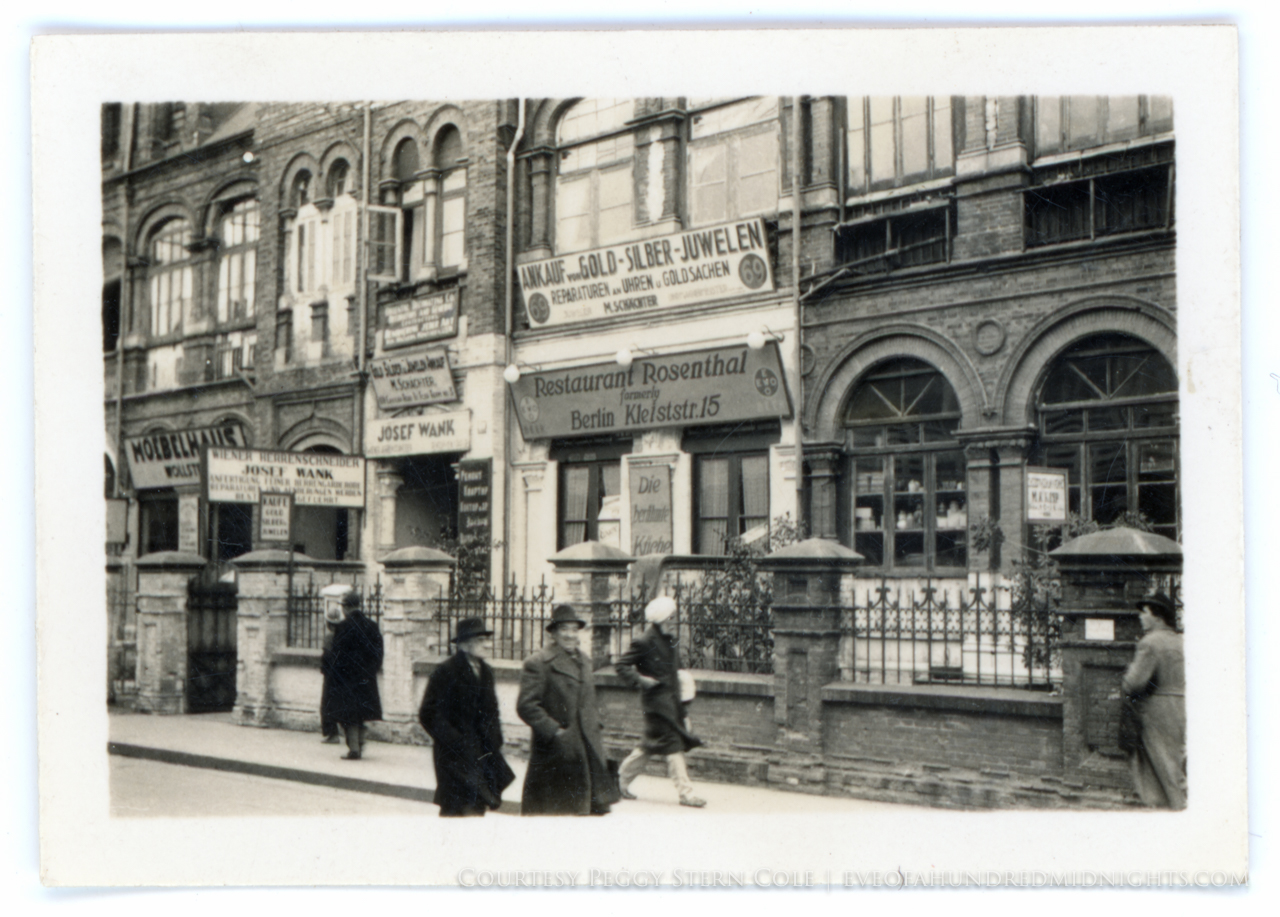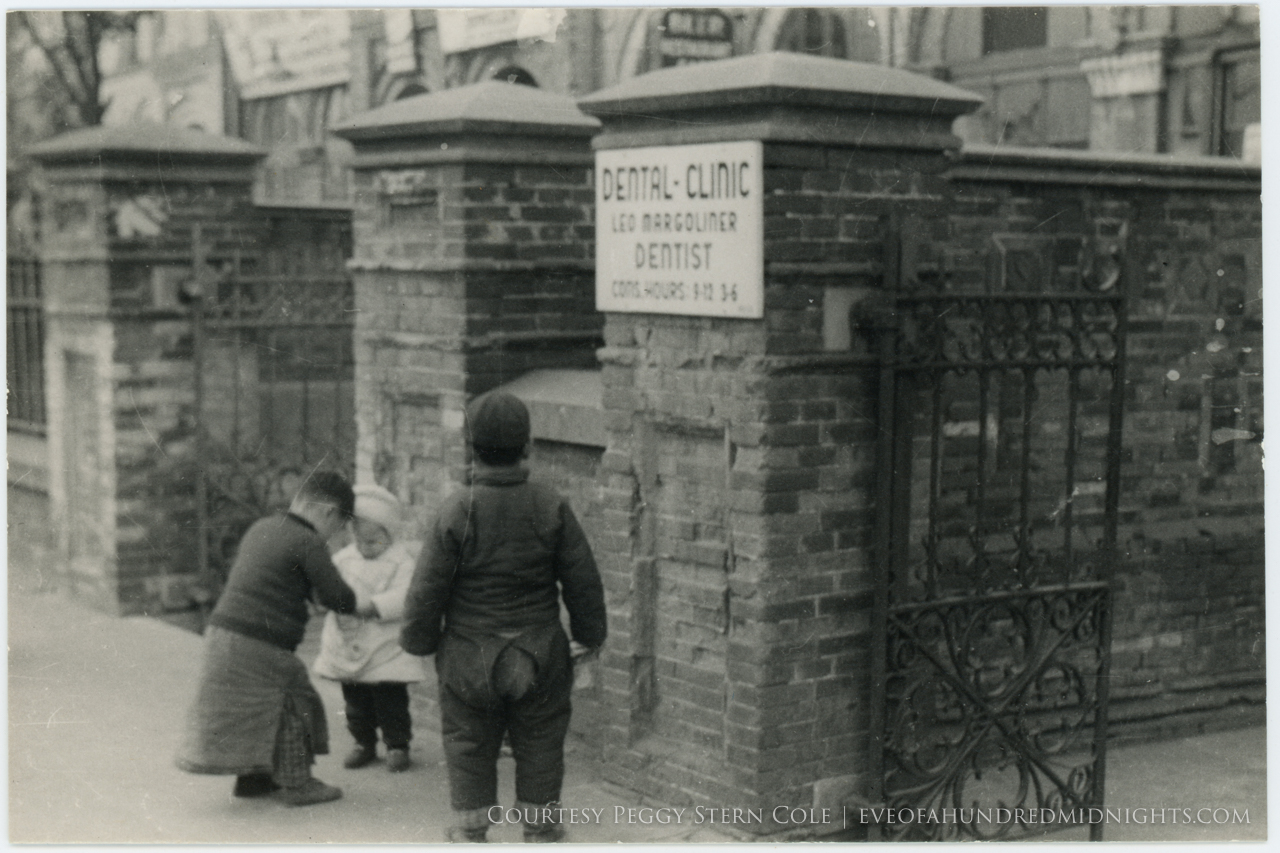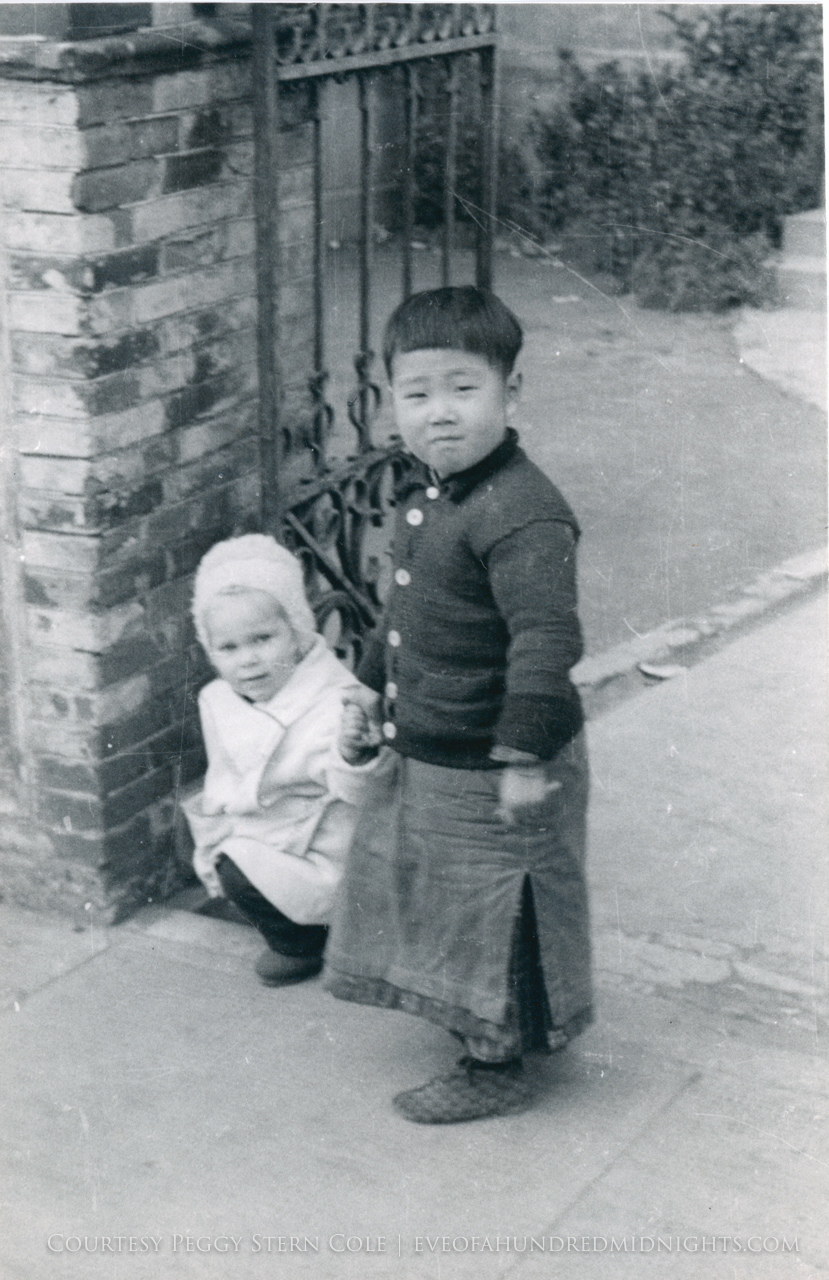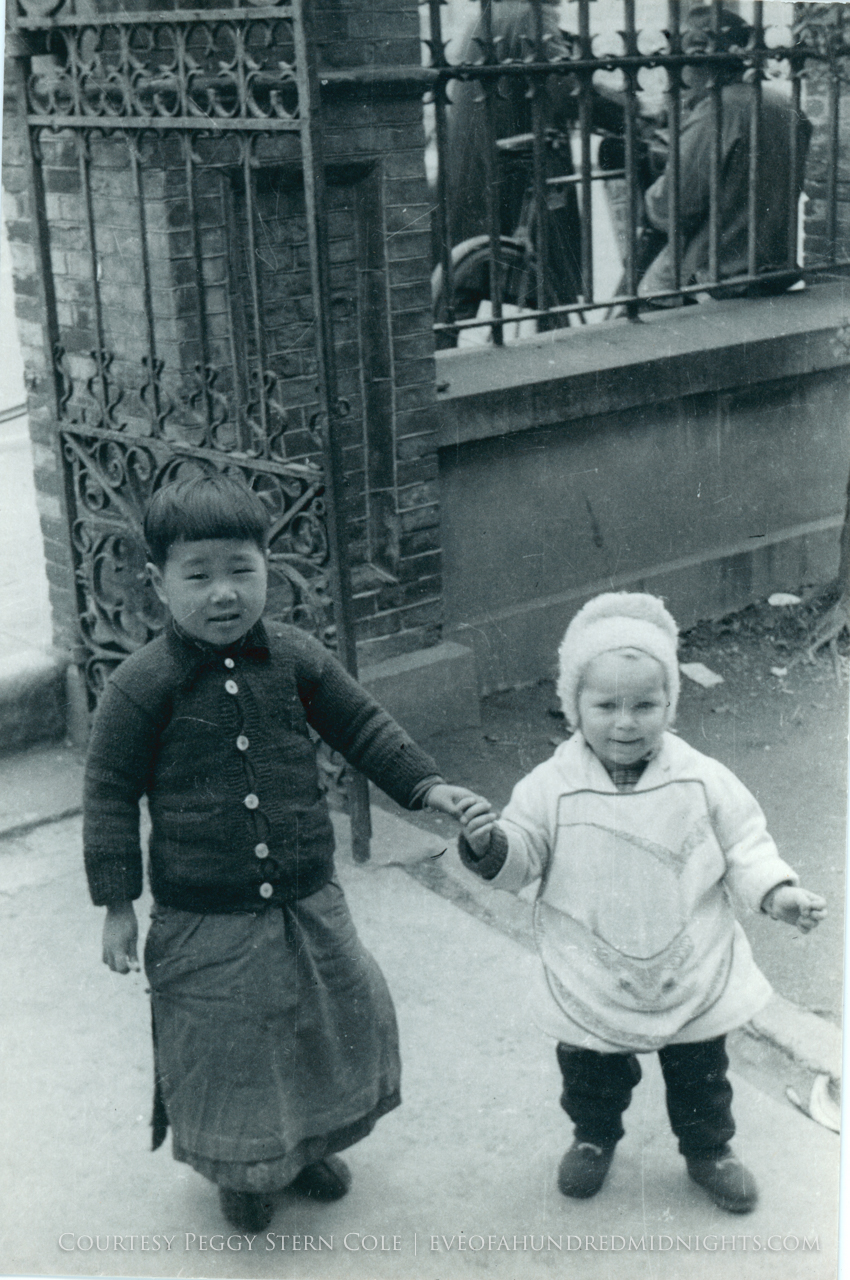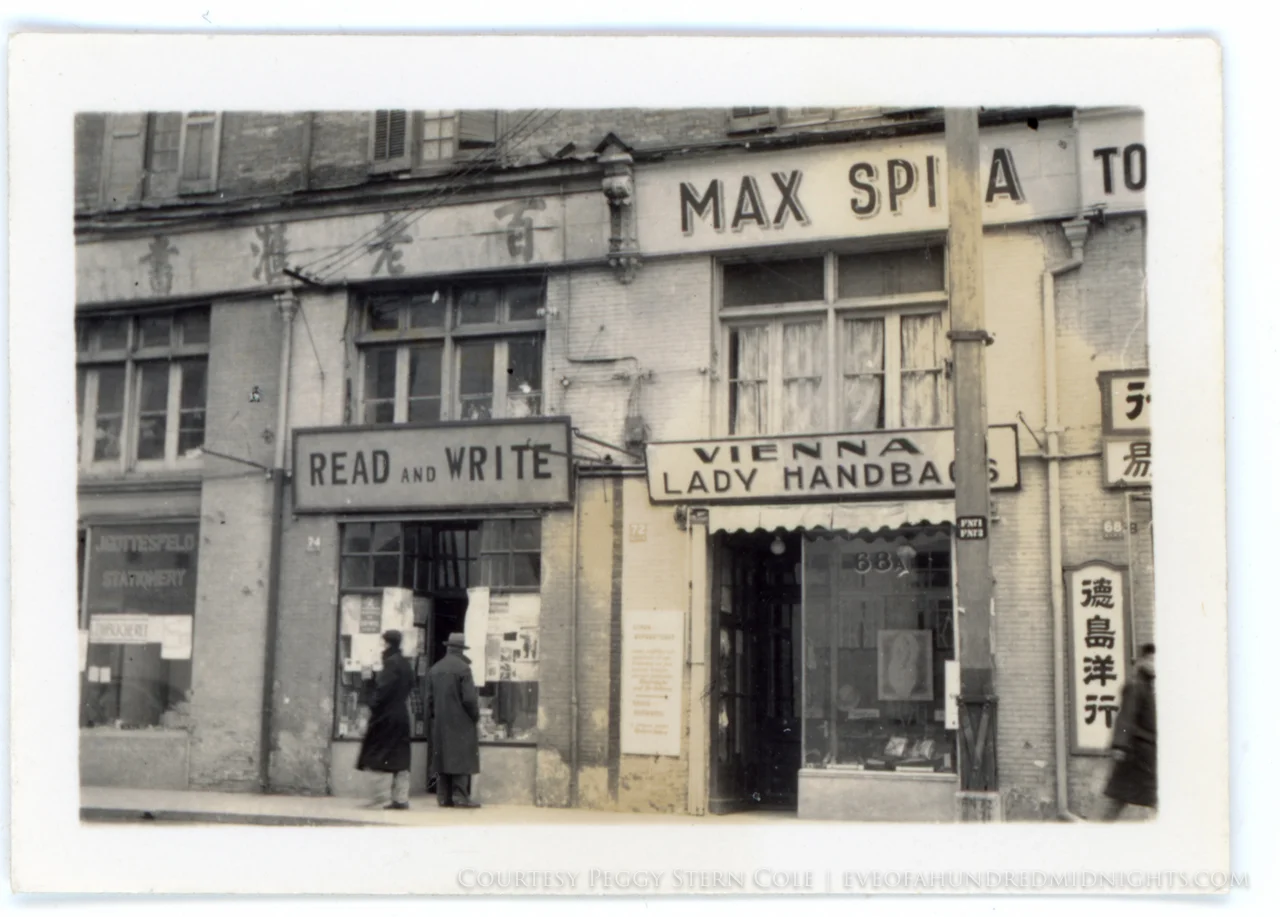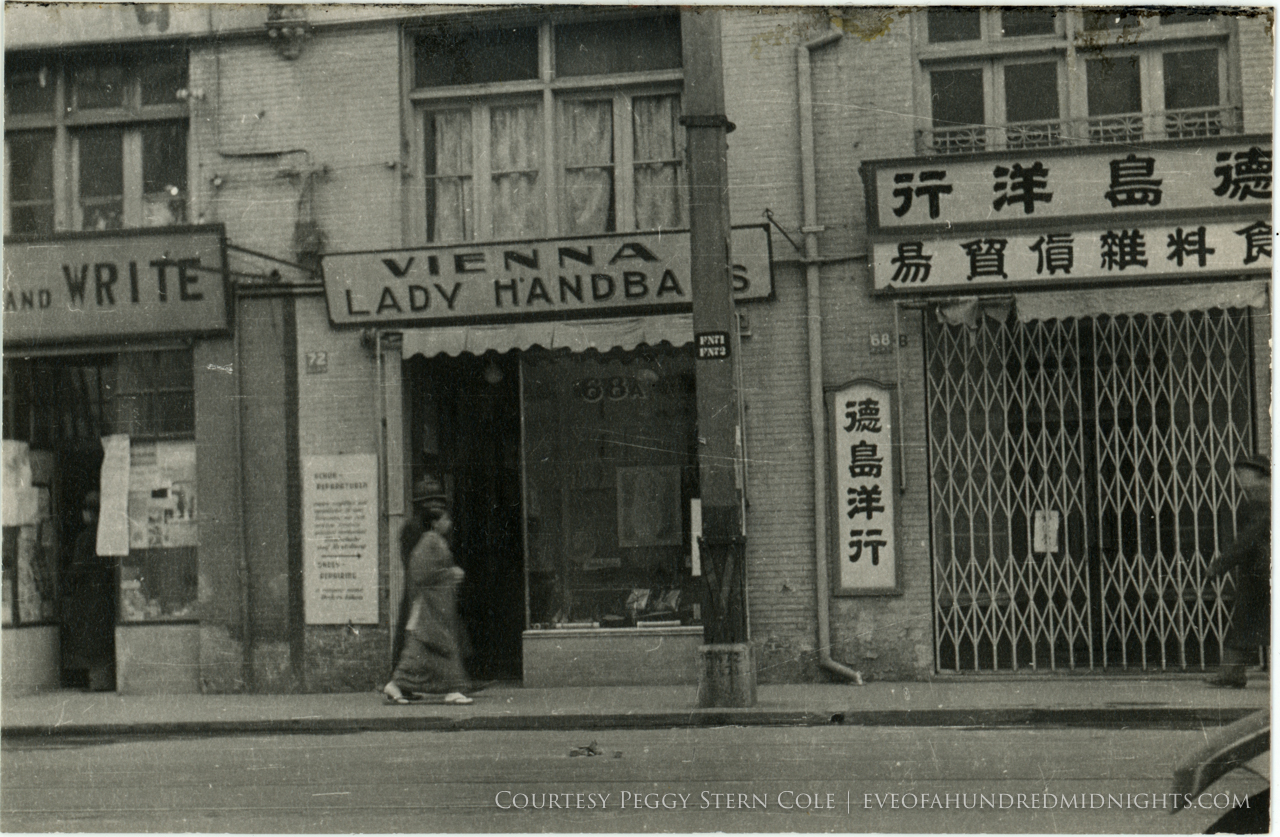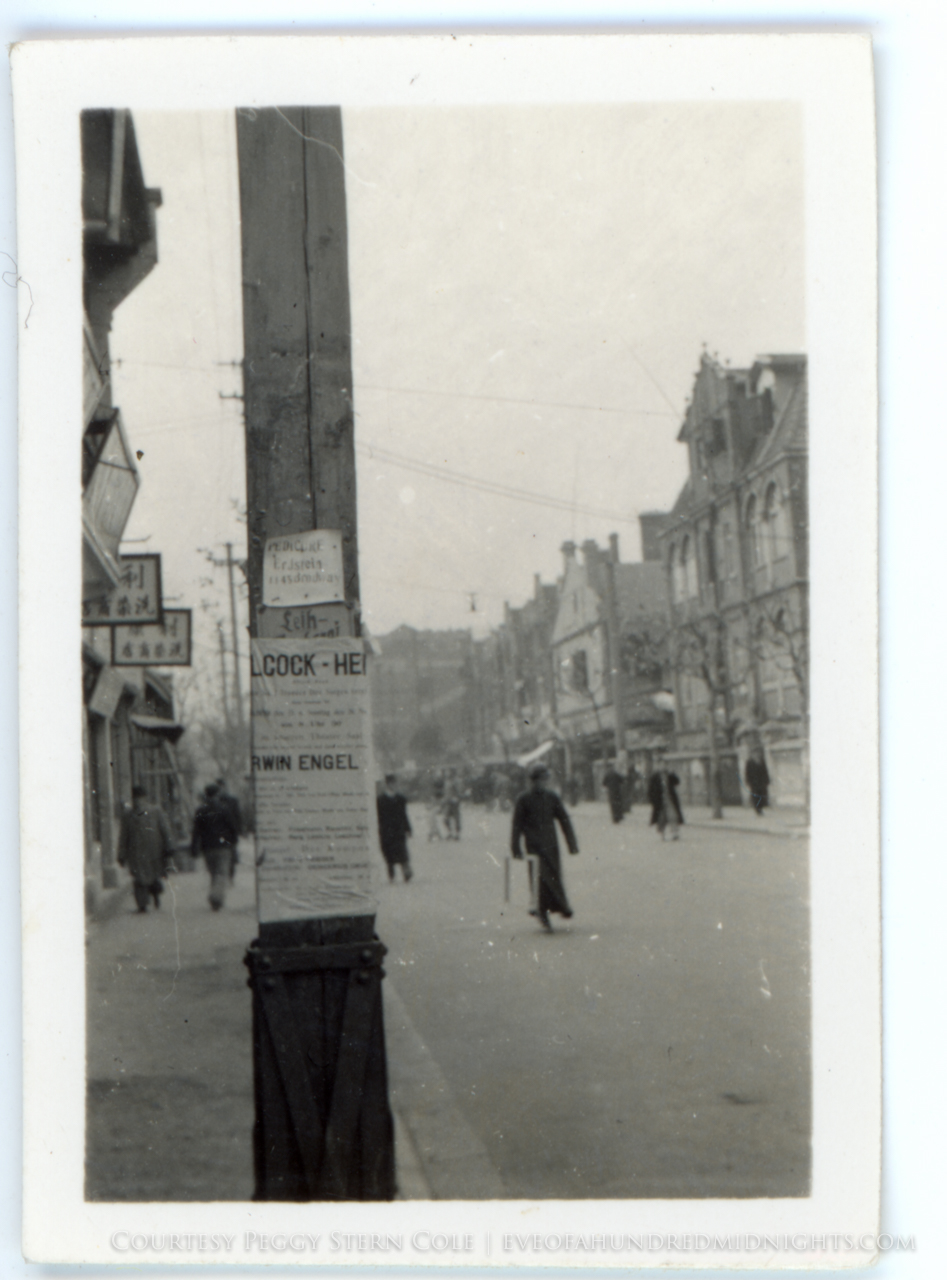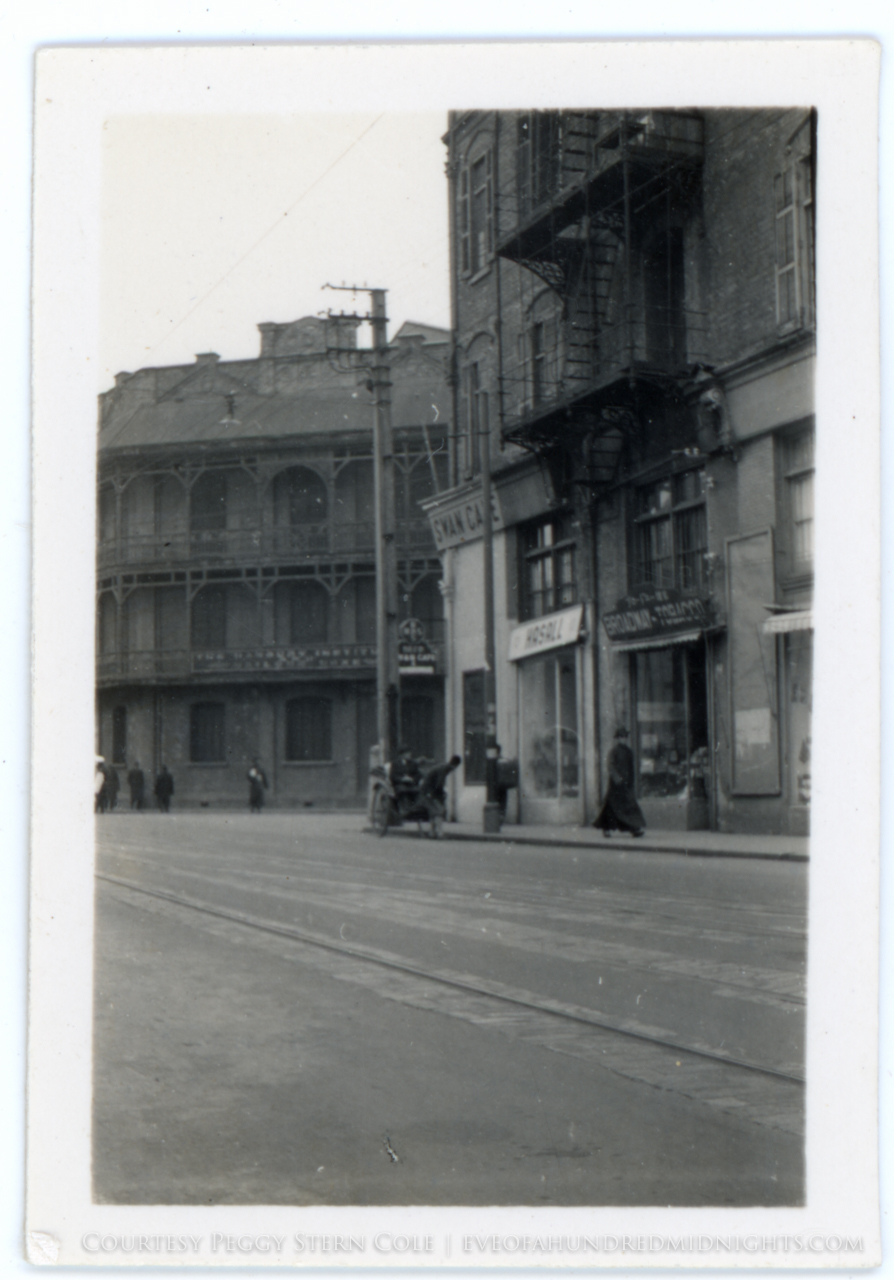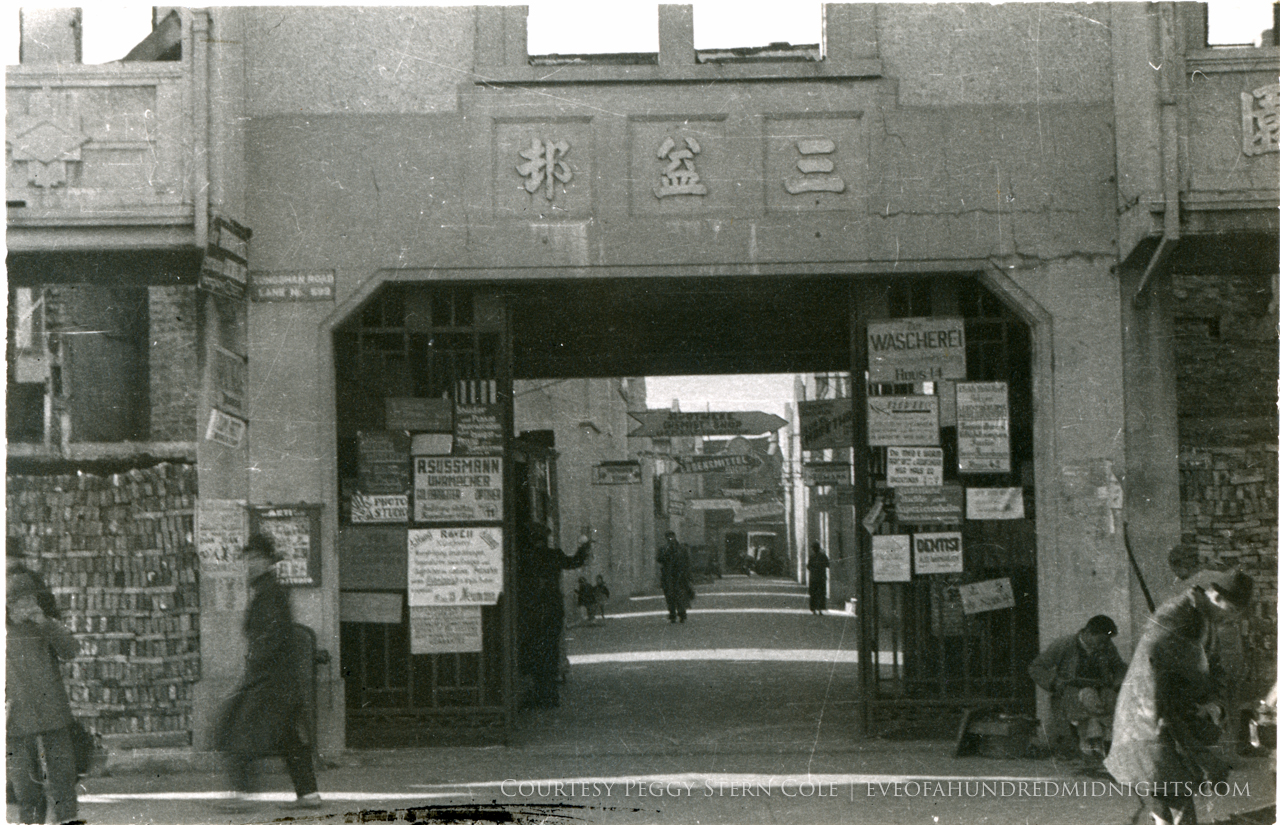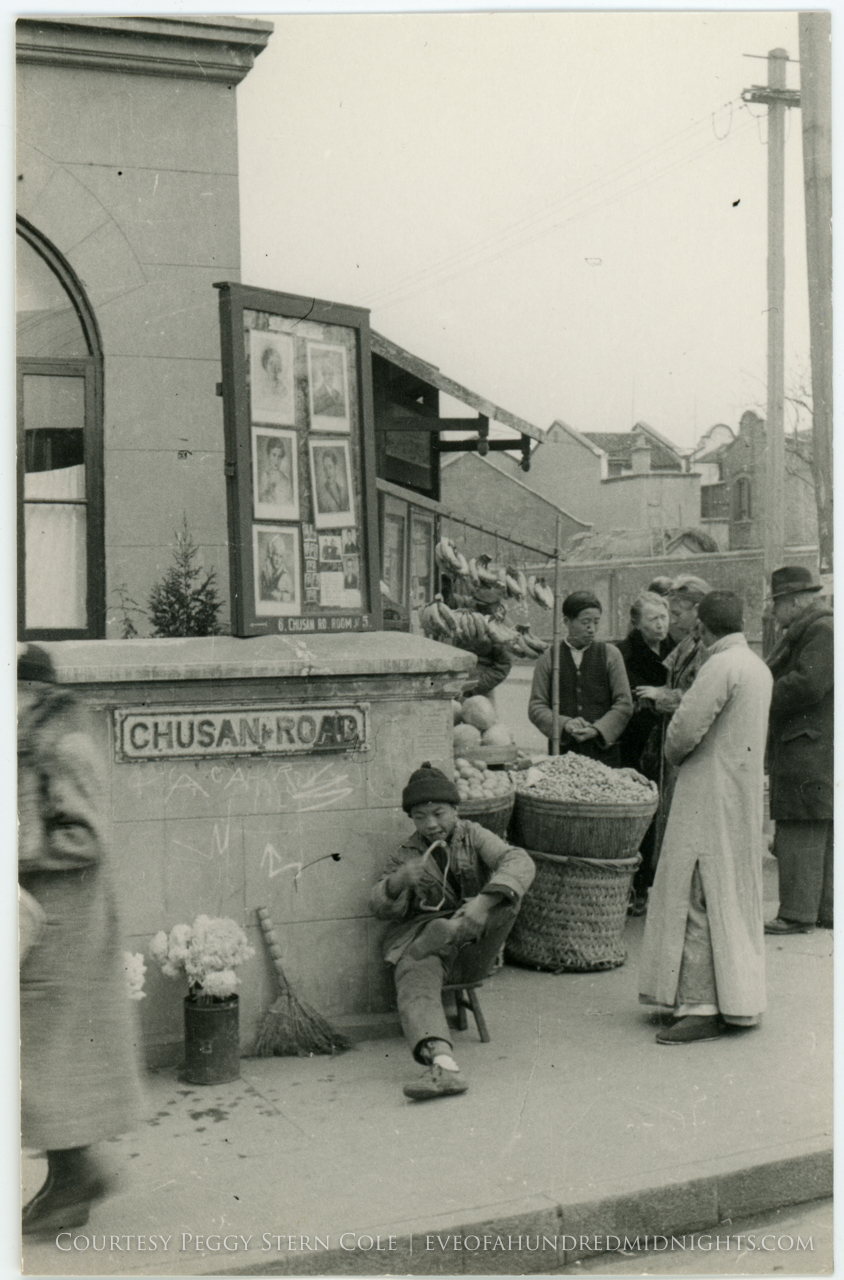Shanghai Takes it On the Chin
In November, 1939, Melville Jacoby arrived in Shanghai, China. Having just earned his master's degree in journalism from Stanford, Mel returned to China two years after studying there as an exchange student. Mel arrived in Shanghai with no work, but a raft of letters of recommendation from newsmen and scholars who had been impressed by a presentation Mel made of his research into California newspapers' coverage of China and Japan in the run-up to a war that had been raging since the summer of 1937, just as Mel completed his exchange year. As Mel hunted for work in Shanghai, he discovered a city packed with thousands of Jewish refugees who'd been turned away by every other port on Earth. It was a city occupied by Japan, though still nominally internationally-controlled, as it had been for decades. Here are some selections of how the city looked to Mel:
Here's how I described Mel's impression of Shanghai in Eve of a Hundred Midnights:
“But if you aren’t British or French or American or if your country hasn’t got enough gunboats it isn’t so international,” Mel wrote, referring to the many foreigners who came to Shanghai butwere not nationals of countries that enjoyed extraterritorial powers. Paradoxically, among the most disenfranchised populations in Shanghai were Chinese nationals. And though Shanghai maintained much of its international identity when Mel arrived in 1939, in the two years since the Battle of Shanghai, Japan had consolidated power there and grown increasingly belligerent toward both the Chinese and Westerners.
“The Western world is being squeezed out of China,” Mel wrote. “Their last opening wedges—the foreign concessions—are fastly becoming subject to Japanese pressure.”
Even as the Japanese took over, Mel found Shanghai society distastefully out of touch. When he went to exchange money at the American Express office, the bright blue travel pamphlets inside always seemed disconcerting to him, especially when a stretch of cold nights hit Shanghai and he saw humanitarian workers piling the bodies of Chinese laborers who had frozen to death into their trucks. Shanghai, the people in it, and the way the local Chinese were treated strained Mel’s patience to the point of anger. He said as much in one form or another in most of his letters.
“I hate to see the beggars (I’ll see millions more),” he wrote. “I hate to see the rich kids in the cabarets, I hate to see the refugees, I hate to see the lousy foreigners in Packards and minks. Lots of money is being made now on the market and in business—but the Chinese peasant is taking it on the proverbial chin.”
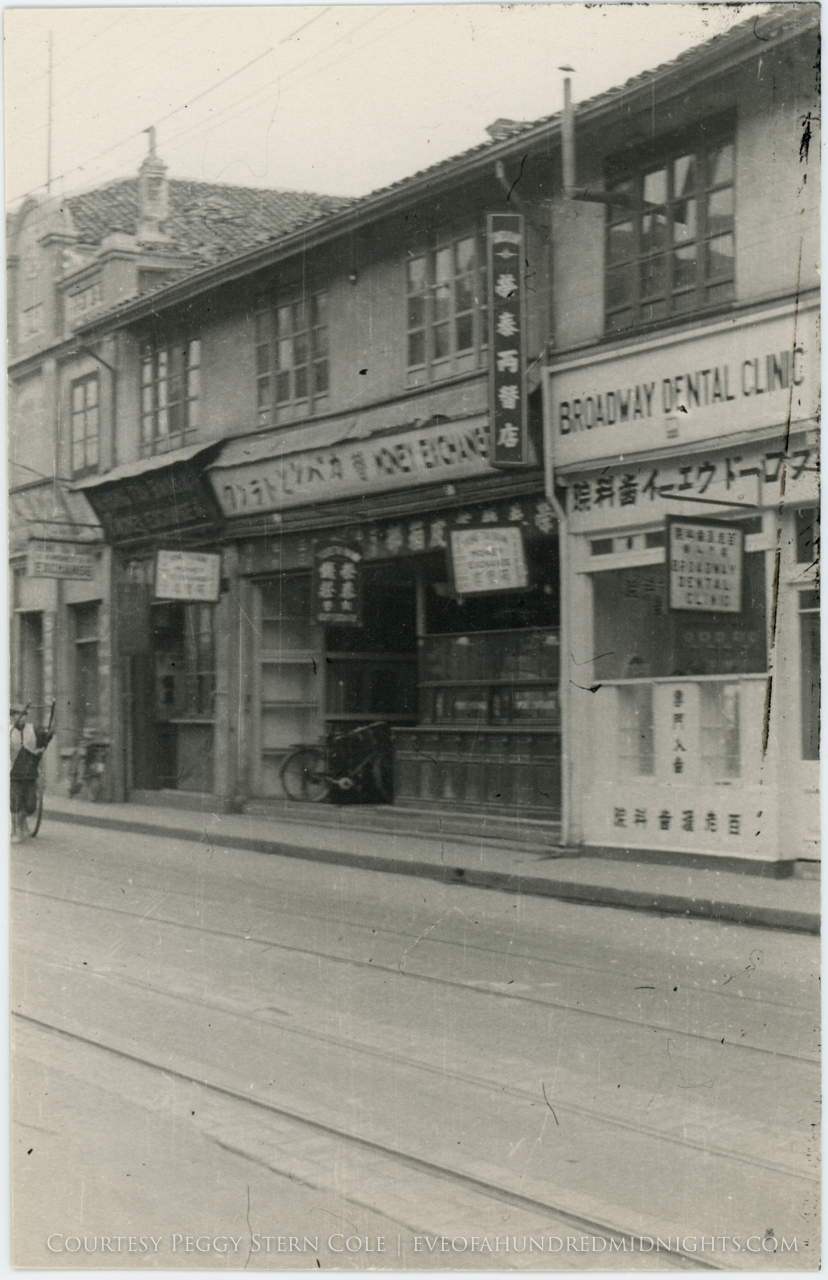
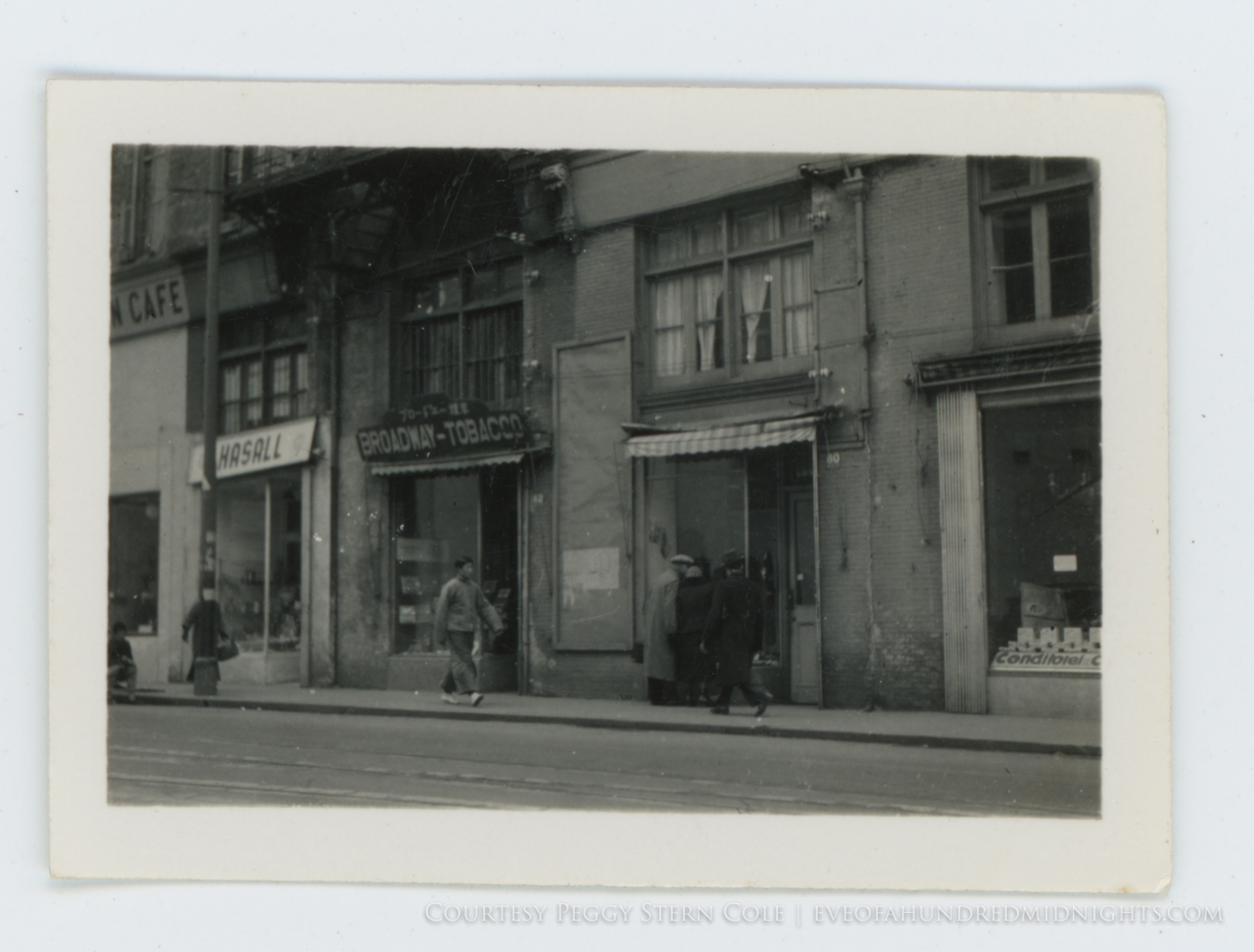
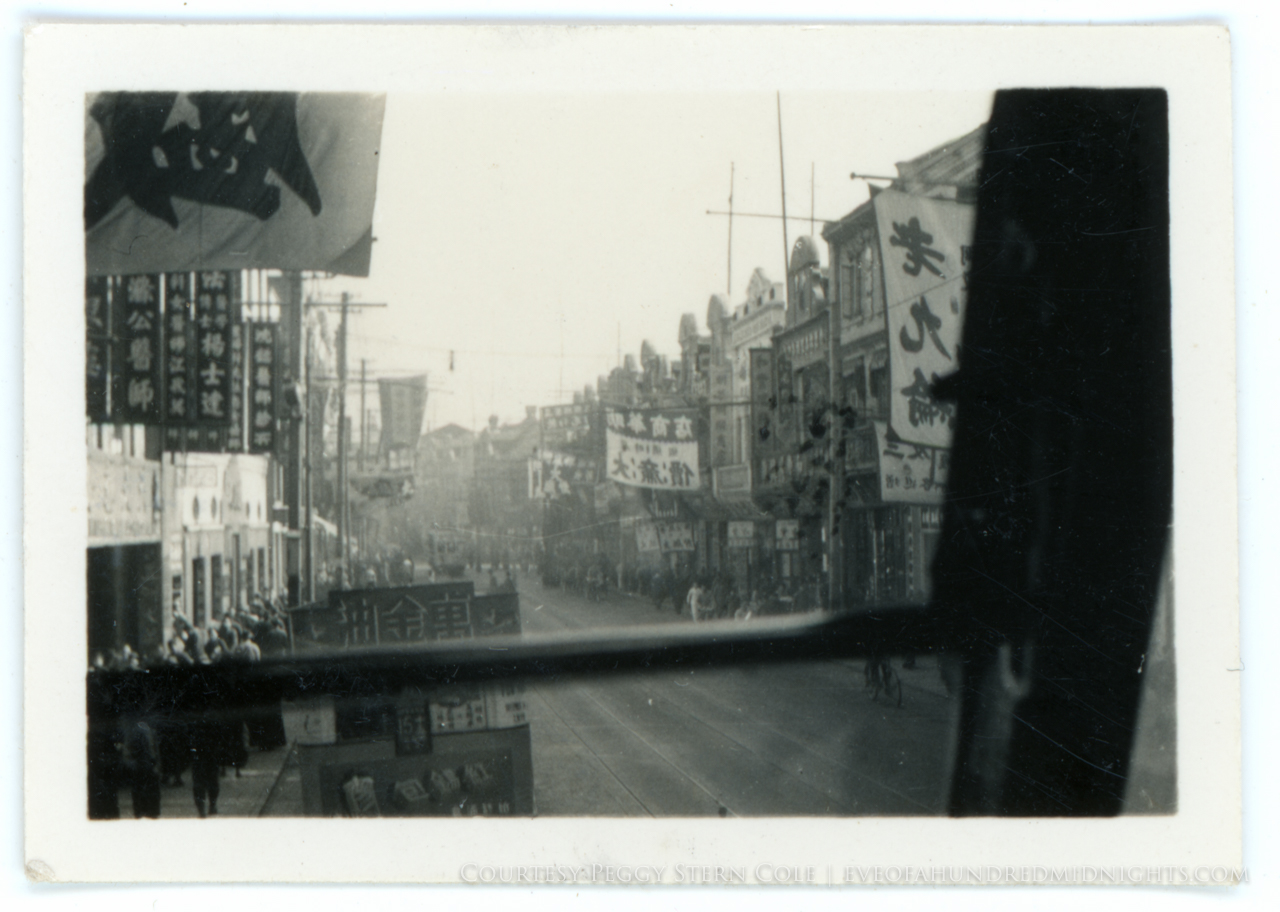
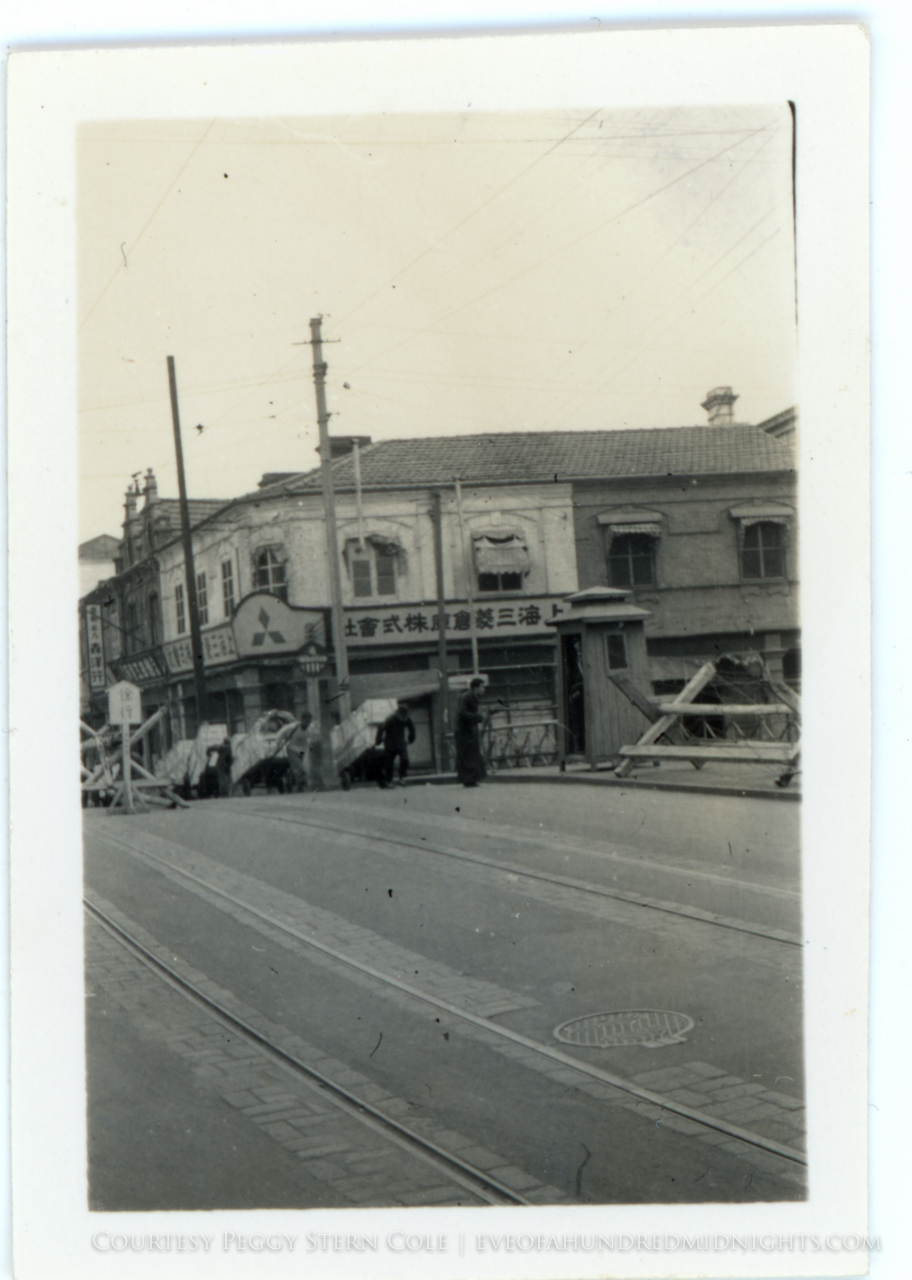
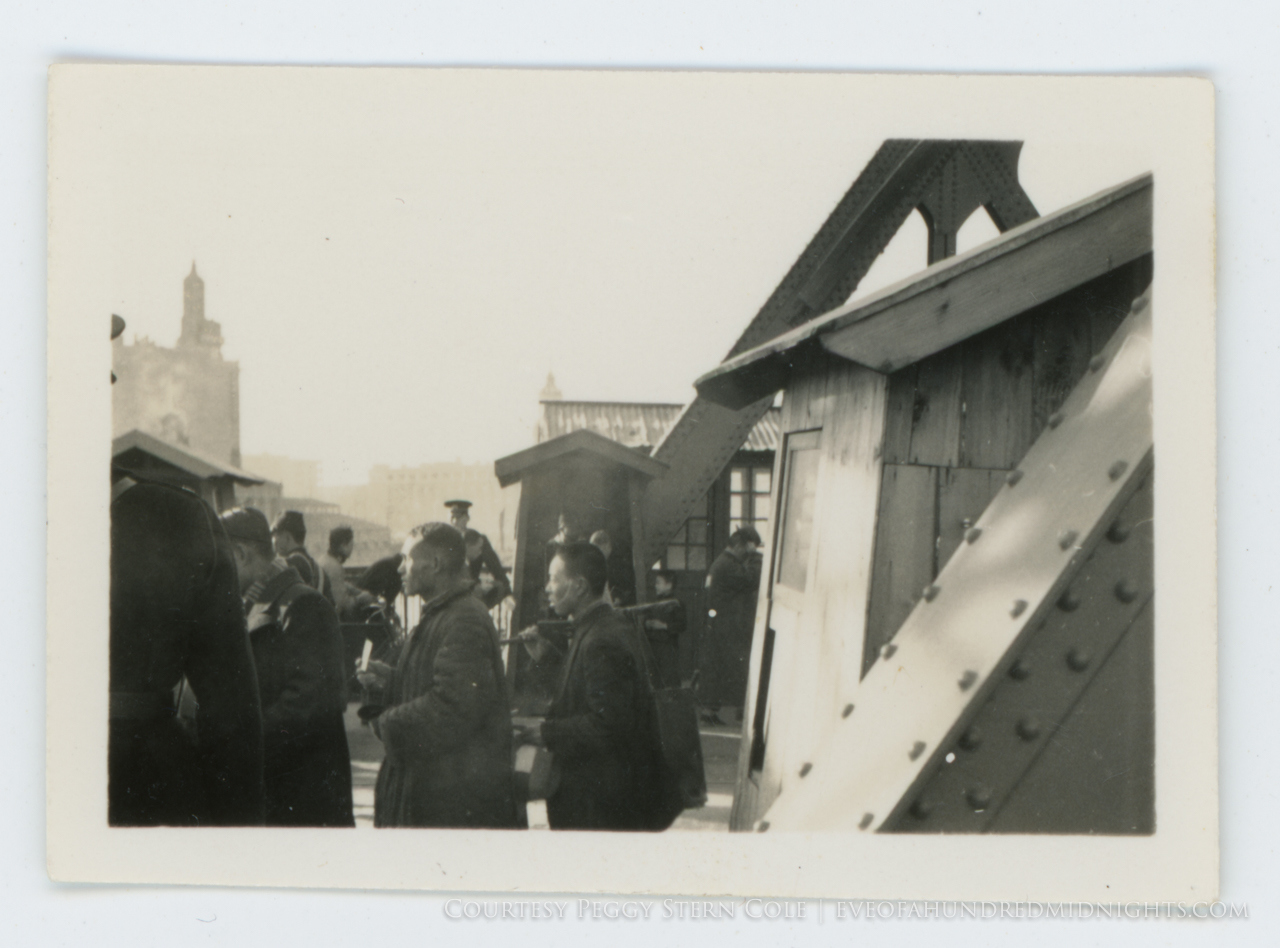
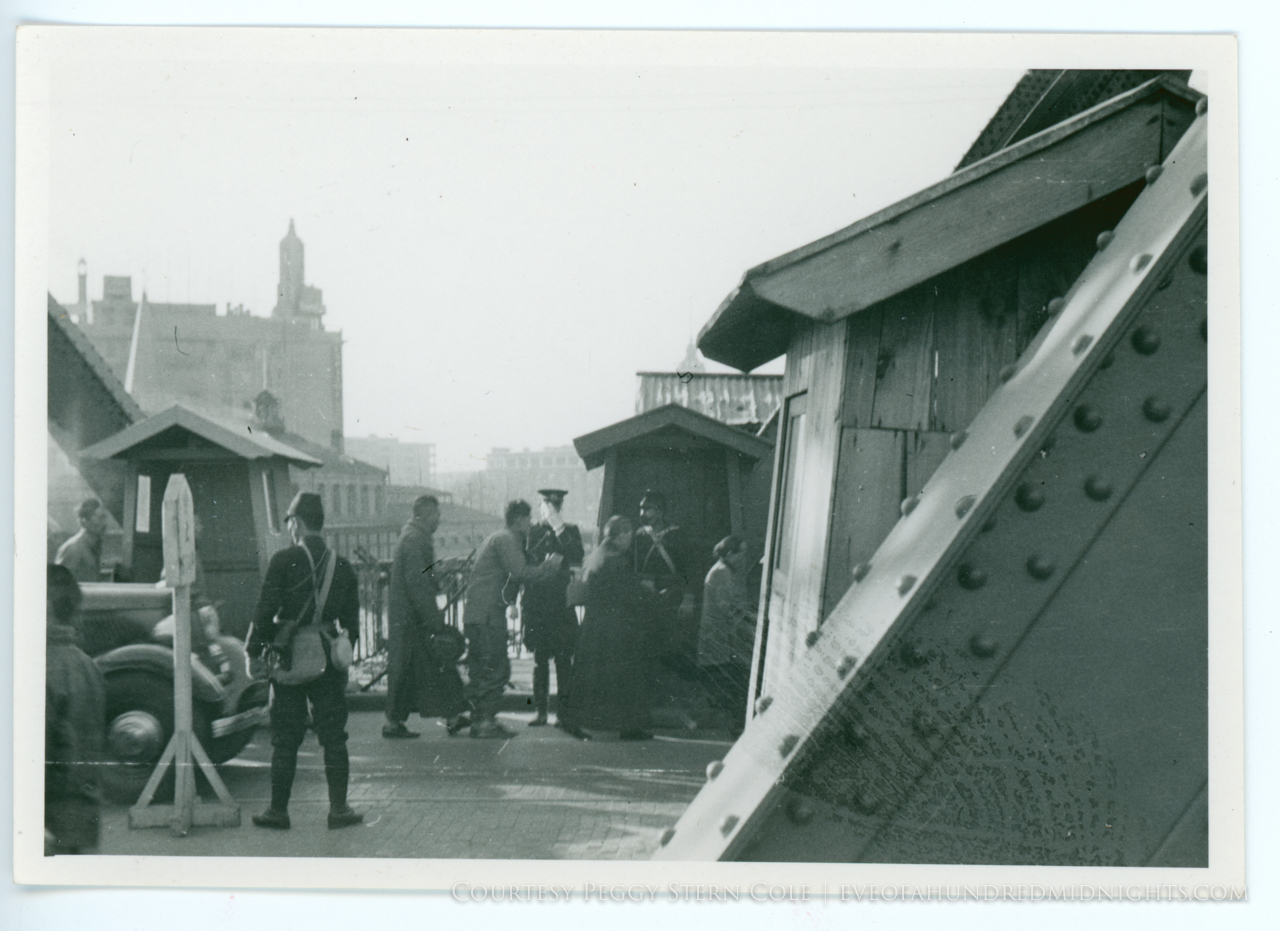
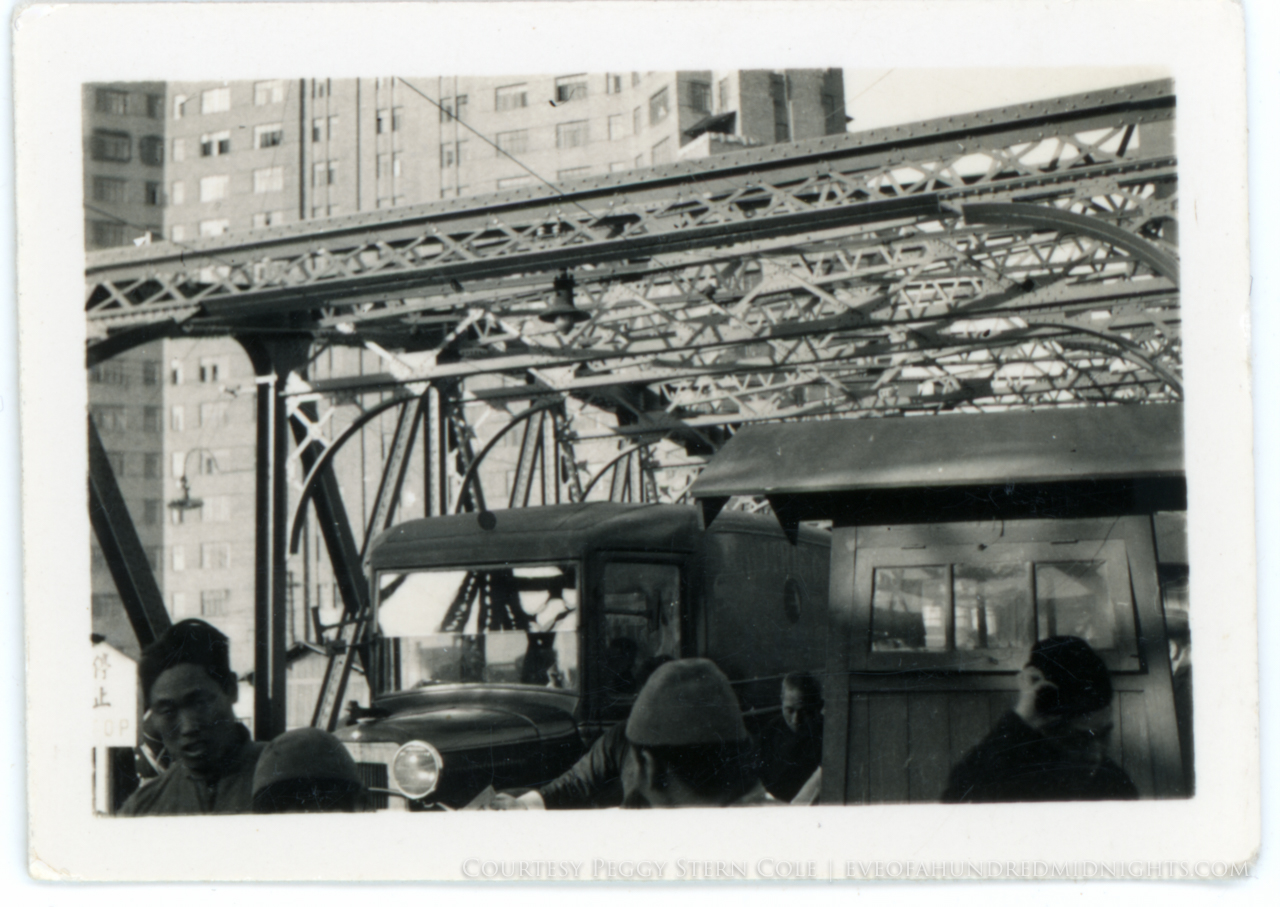
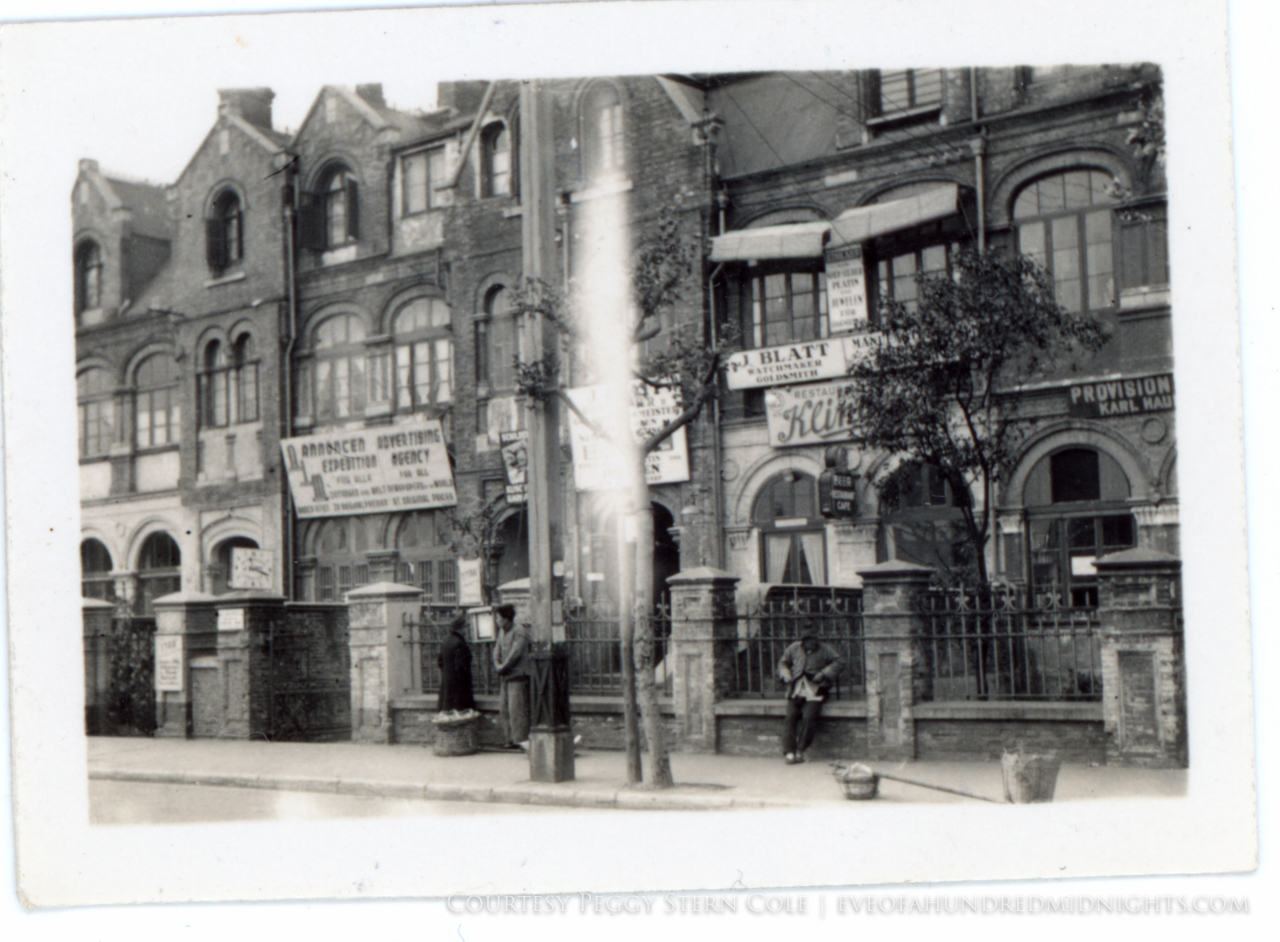
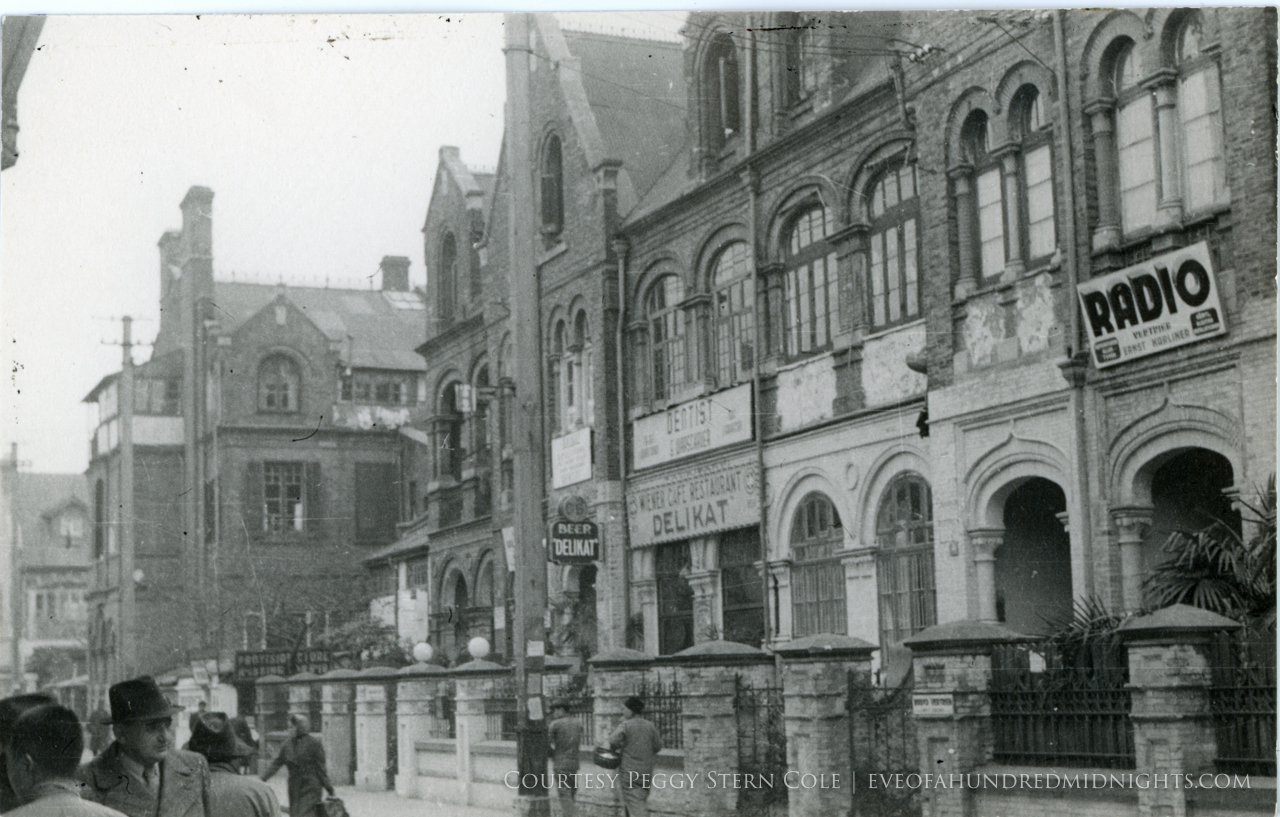
![Restaurant Rosenthal With Bike in Foreground [Good shot] Shanghai.jpg](https://images.squarespace-cdn.com/content/v1/51db1d79e4b03e2f06324d97/1473379937704-QU4YB2Z2NR49I06U7QDN/Restaurant+Rosenthal+With+Bike+in+Foreground+%5BGood+shot%5D+Shanghai.jpg)
